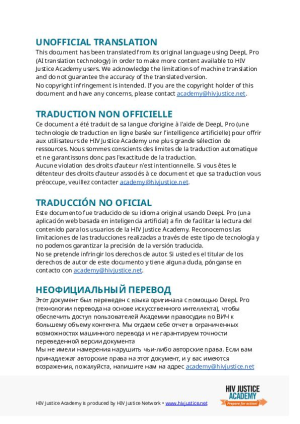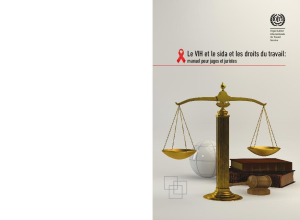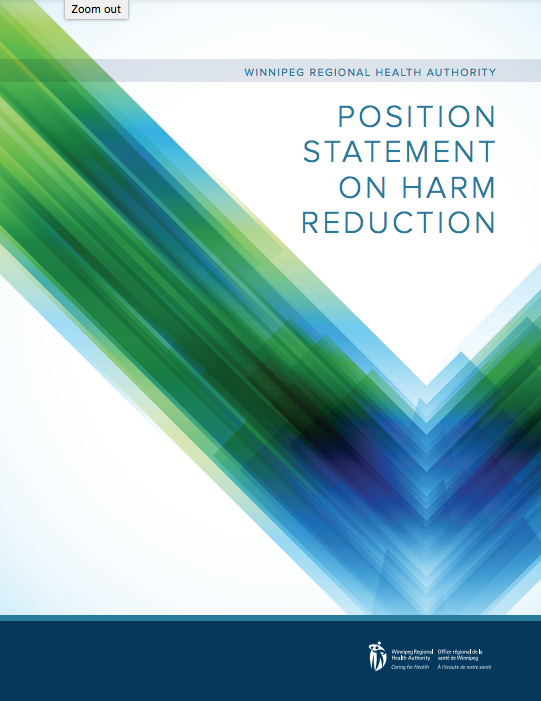Supreme Court, Second Chamber, Criminal Division, Judgment 690/2019 of 11 Mar. 2020, Rec. 1807/2018
INJURY. Transmission of HIV in cases in which the infected person knew of his partner's disease. The complainant knew that her partner was a carrier of HIV, so having agreed to have sex with him, without any kind of prophylaxis, the transmission of the disease is not worthy of criminal reproach. External evidence of the disease that the complainant had to perceive, since she herself was diagnosed months later, and neither after this diagnosis, nor when she denounced an alleged aggression, did she make any allusion to the contagion of the disease. In dubio pro reo. Self endangerment of the complainant herself.
The SC dismissed the appeal filed against the sentence of the AP Madrid and confirmed the conviction for the crime of aggravated injury due to HIV infection.
This document has been translated from its original language using DeepL Pro (AI translation technology) in order to make more content available to HIV Justice Academy users. We acknowledge the limitations of machine translation and do not guarantee the accuracy of the translated version.
Le VIH et le sida et les droits du travail: manuel pour juges et juristes
A pour objectif d’aider les juges et les juristes à traiter les questions relatives au VIH et au sida, en mettant l’accent sur l’emploi et la profession. Fournit des informations sur le droit national et le droit international pertinents, et sur leur application par les tribunaux nationaux, qui fonctionnent selon diverses traditions juridiques et dans des contextes différents.
El VIH no es un crimen – Segunda reunión anual de la Red Mexicana de Organizaciones Contra la Criminalización del VIH
Videodocumental de la segunda reunión anual de la Red Mexicana de Organizaciones Contra la Criminalización del VIH que explora las consecuencias negativas de la penalización del VIH.
Position Statement on Harm Reduction
Acknowledges the harms caused by stigma and criminalisation. In particular, it acknowledges that the harms of criminalisation are borne disproportionally by Indigenous peoples in Canada. The Statement recognises that while people make their own health decisions, these decisions are only one factor influencing health outcomes.
- Alternative links
- French/Français




